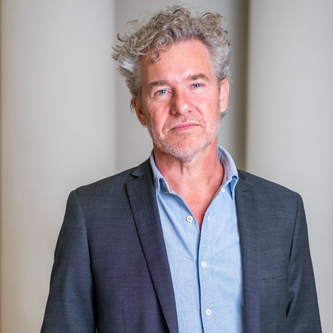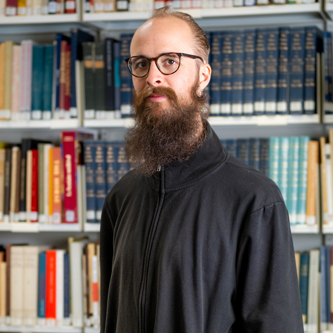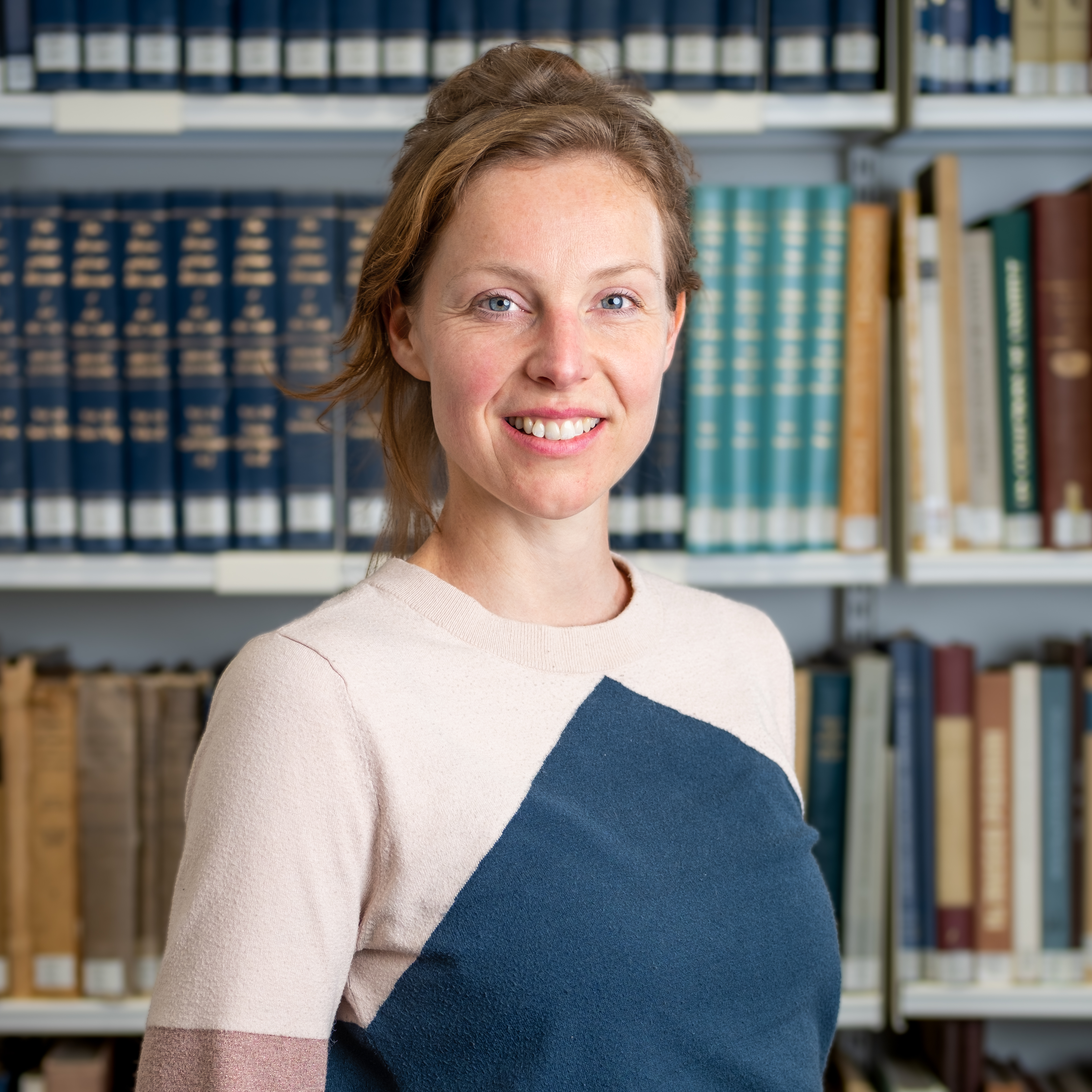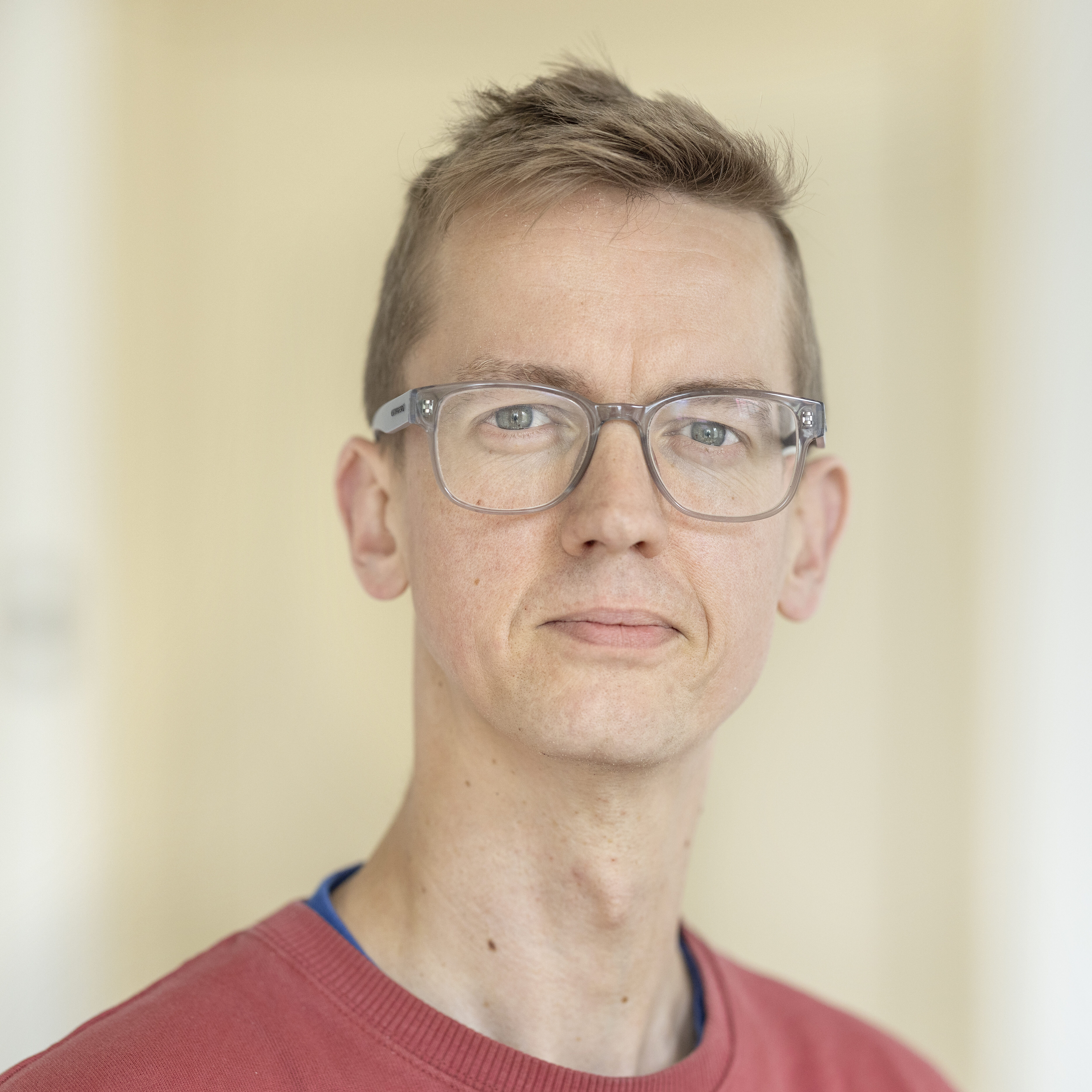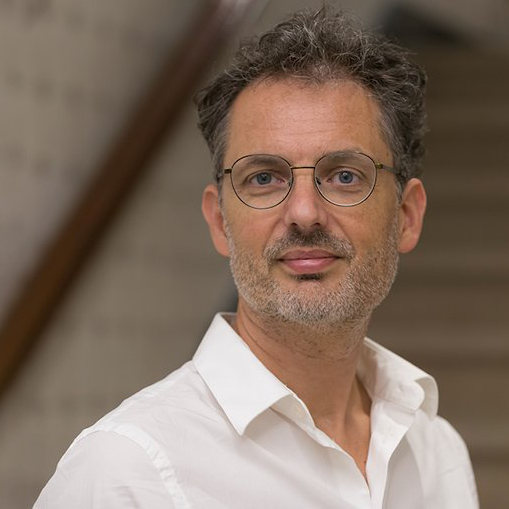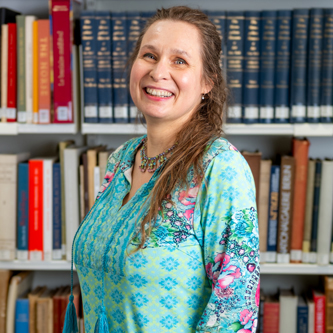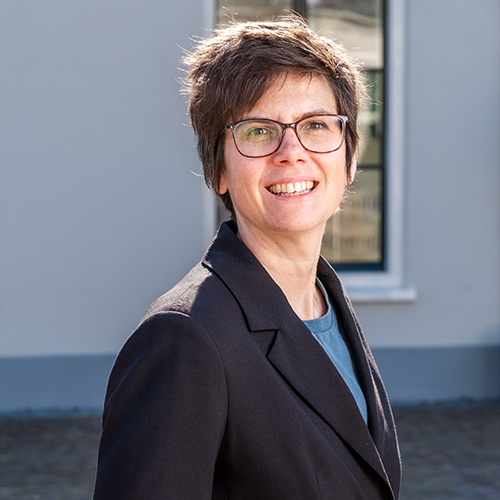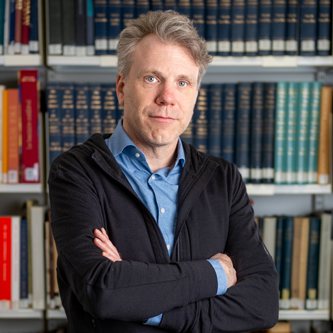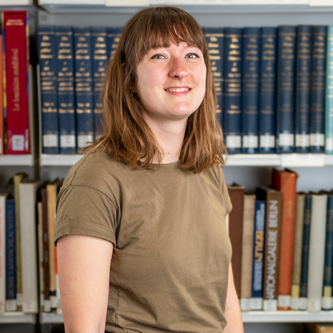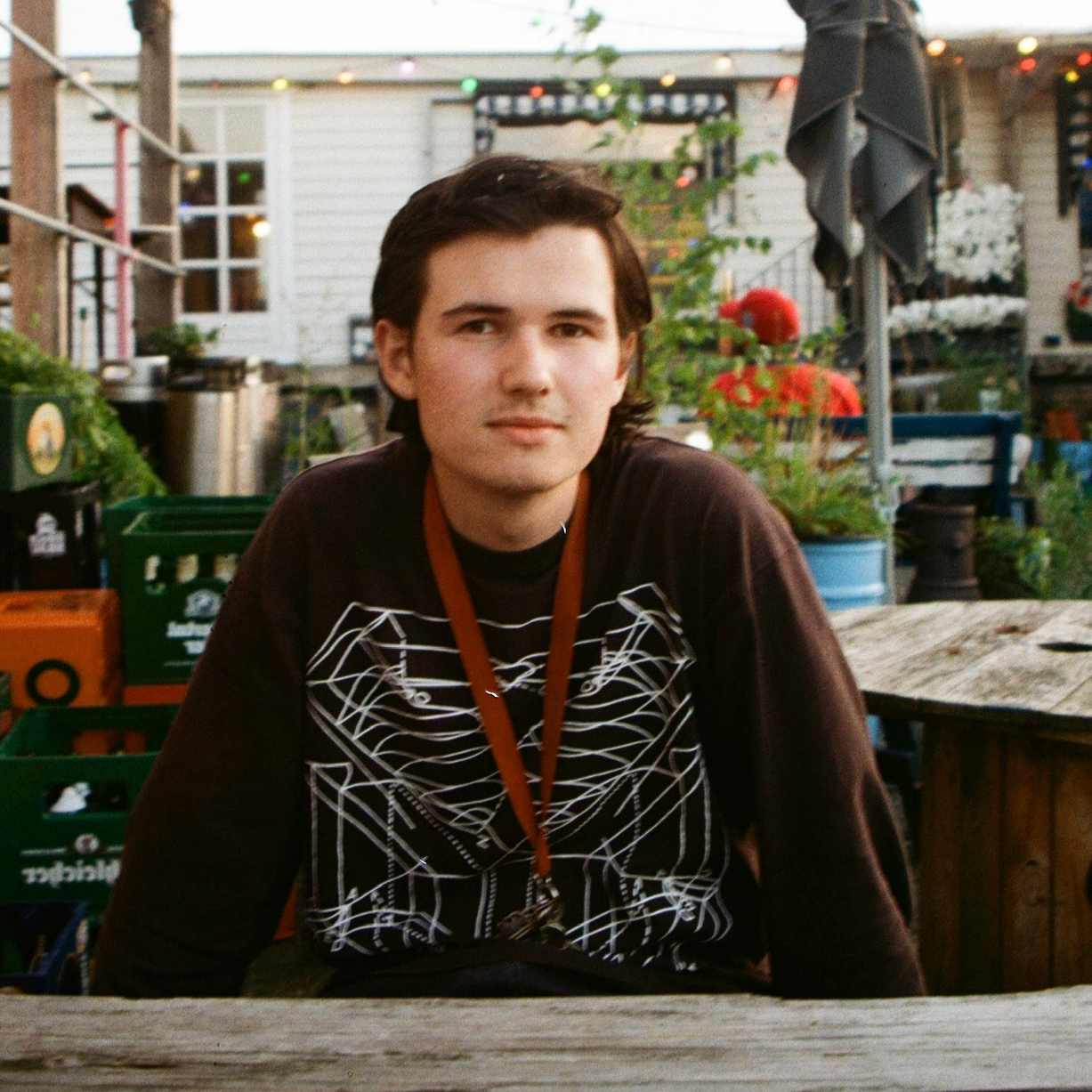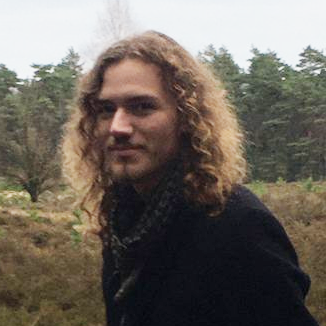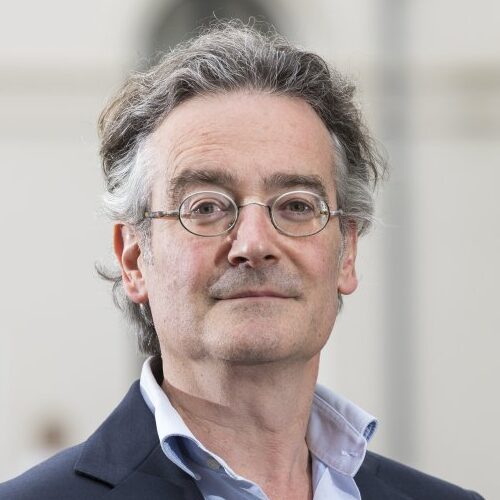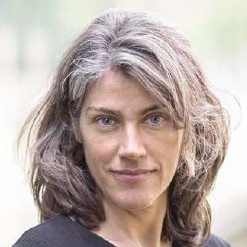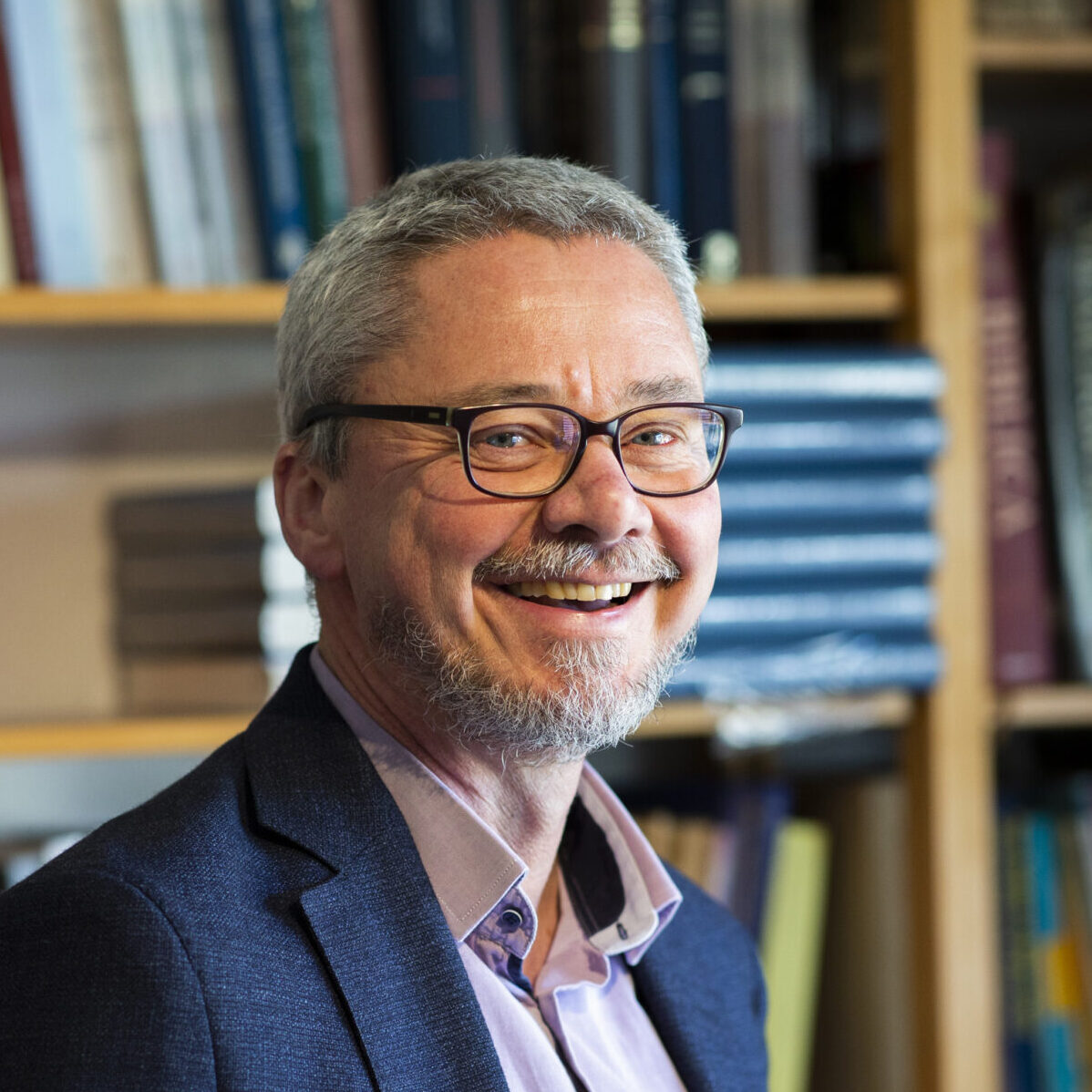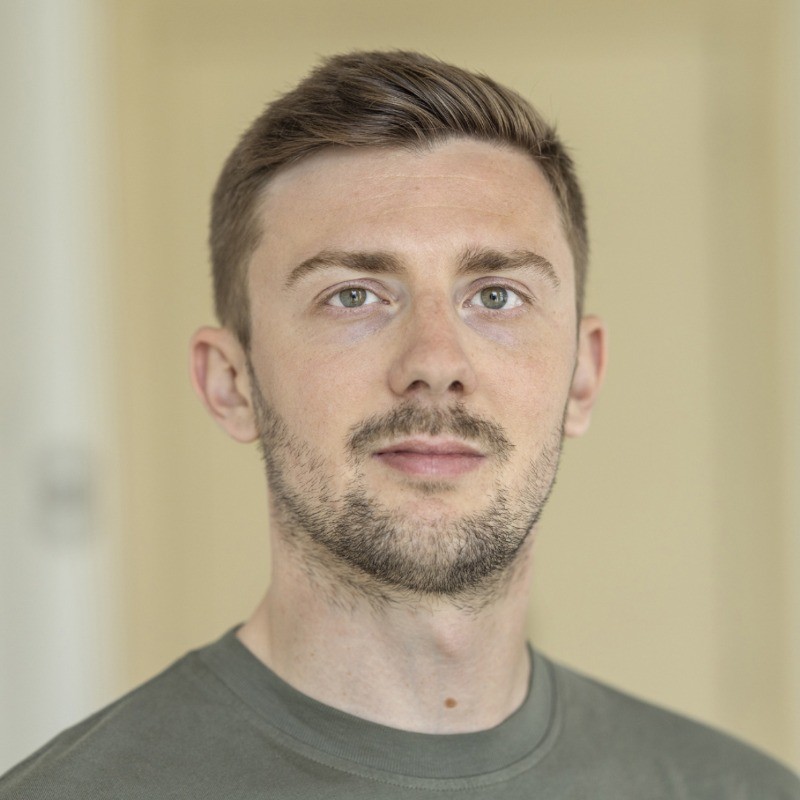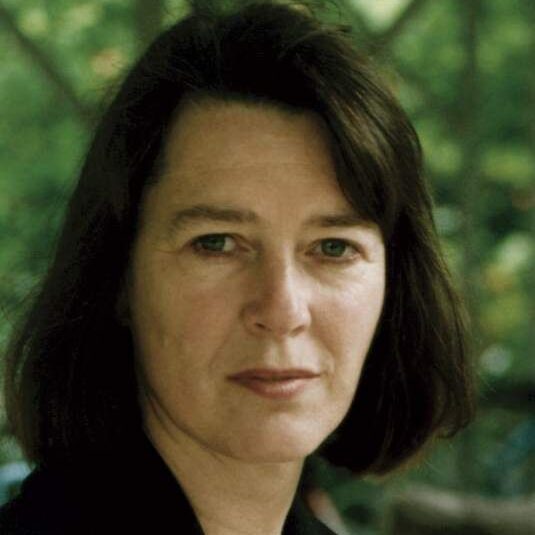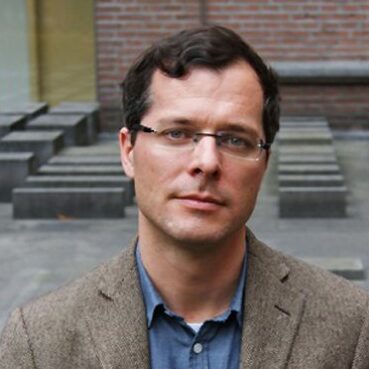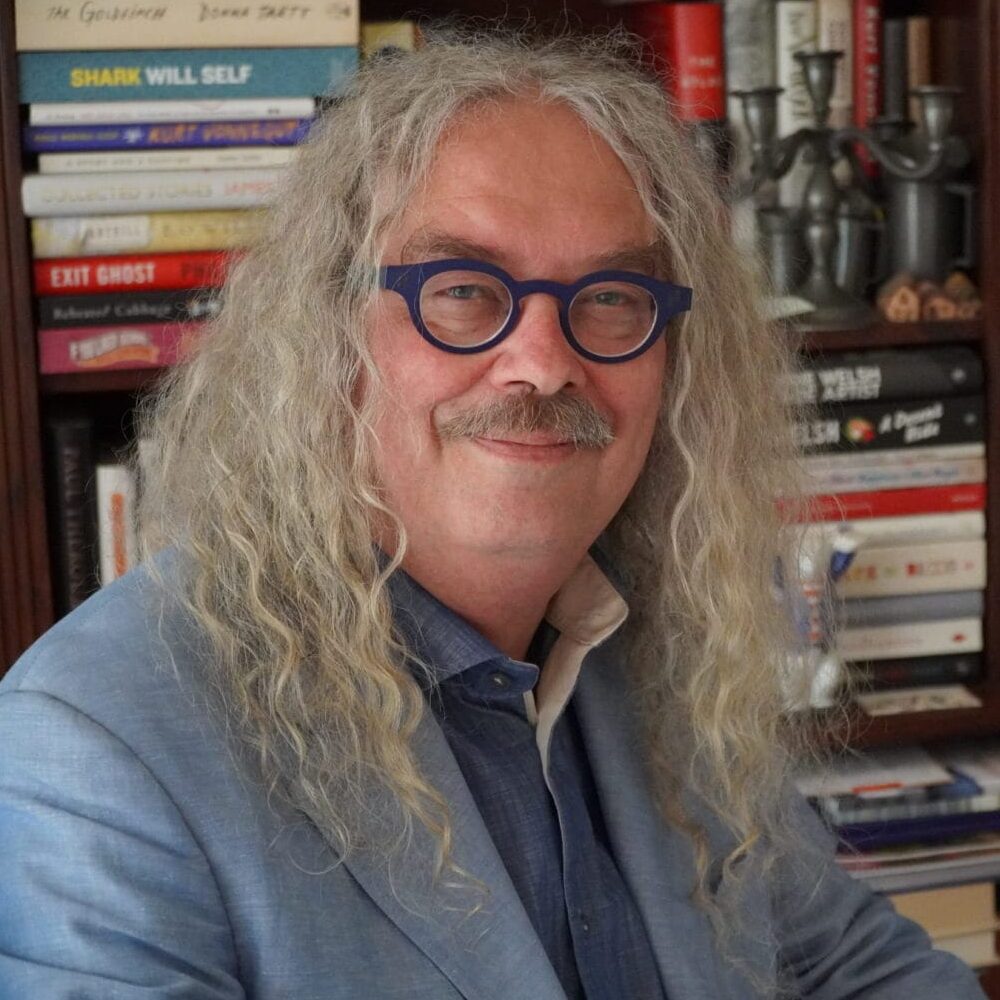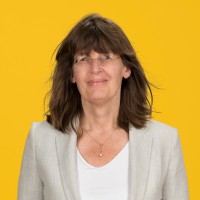Organisation
The Centre for Digital Humanities consists of:
- Research Software Lab
- Data School
- Institute for Language Sciences (ILS) Labs
- Humanities IT Services: System Team, WordPress Team and Portal Dev Team
- Data Management & Privacy
And collaborates closely with the Digital Humanities team of the Utrecht University Library in the Digital Humanities Workspace. We operate with a core team and are supported by our affiliated members and advisory board.
Core team
Affiliated members
Our team of affiliated members comprises five academic staff members, who are part of the four humanities departments at Utrecht University. With their diverse and extensive expertise in the field of digital humanities, they are readily available to address any inquiries you may have.
History and Art History
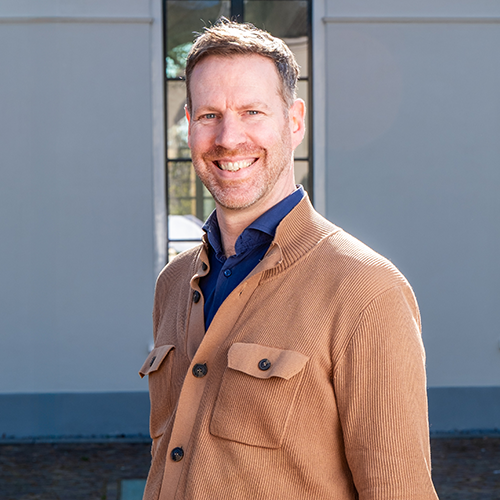
Assistant professor of Cultural History
Quantitative text analysis | Digital conceptual history | Datafication of history
Philosophy and Religious Studies

Assistant Professor of Theoretical Philosophy
Formal philosophy | Agent-based simulations in philosophy
Media and Culture Studies
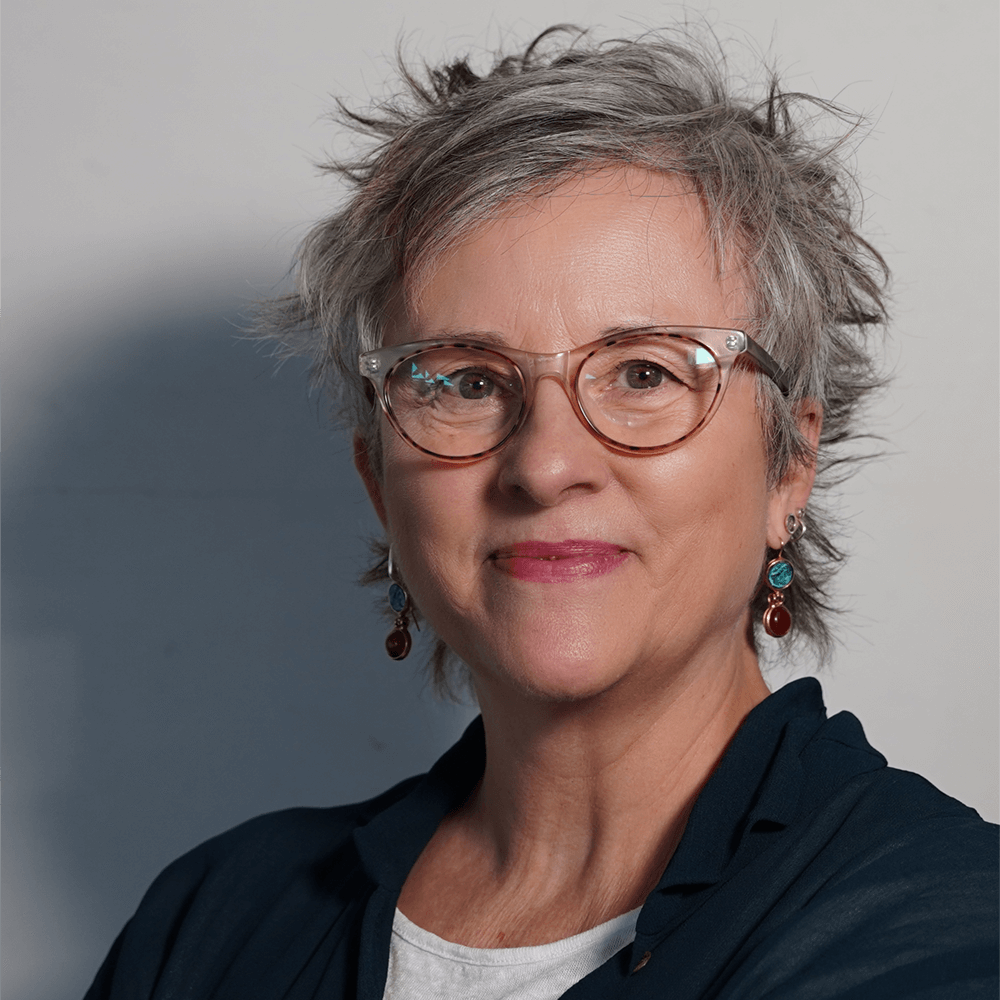
Chair Professor of Media Literacies and Public Engagement
Futures + Literacies + Methods Lab | Critical data and algorithmic literacies | Community Engaged Learning
Languages, Literature and Communication
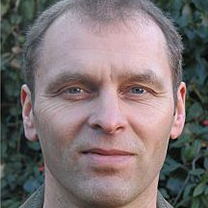
Assistant Professor of Literary Studies
Bookhistorical data analysis | European research infrastructures | Computer vision
Advisory board
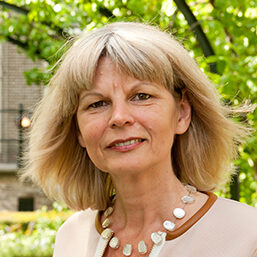
University Professor of Media and Digital Society | Director of the Focus Area Governing the Digital Society

Professor of Statistics for Social and Behavioural Sciences | Director of the Focus Area Applied Data Sciences




